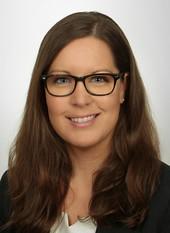Ressource-rich Sierra Leone, located on the Gulf of Guinea, will become a non-permanent member at the United Nations Security Council shortly. The country has sizeable bauxite, diamond, iron-ore, titan and rare earth reserves, which constitute a big part of German imports from Sierra Leone. After its independence from Great Britain in 1961, authoritarian tendencies led to a one-party political system, which became the source of corruption and nepotism, mismanagement and brutal repression. These factors laid the ground for a long-lasting civil war which ended only in 1991. It left over 100.000 dead and displaced almost two million persons. The country is in calmer waters since the 2002, and is still struggling to rebuild its war-torn economy. Sierra Leone remains one of the poorest countries in the world.
It is therefore not surprising that the country was hit particularly hard by the double shocks of the Covid-19-pandemic and the Russian attack on Ukraine. It had been reeling from a severe outbreak of the Ebola virus in Ebola 2014-2016, so that these impacts, together with high inflation of currently 43 percent, is increasing poverty in the state. The reelection of president Bio, among domestic and Western criticism of the voting process and vote counting, throws a spotlight on the growing challenges to the political system and economic future of the country.
This country report is currently available in full length in German only.
Topics
About this series
The Konrad-Adenauer-Stiftung is a political foundation. Our offices abroad are in charge of over 200 projects in more than 120 countries. The country reports offer current analyses, exclusive evaluations, background information and forecasts - provided by our international staff.




